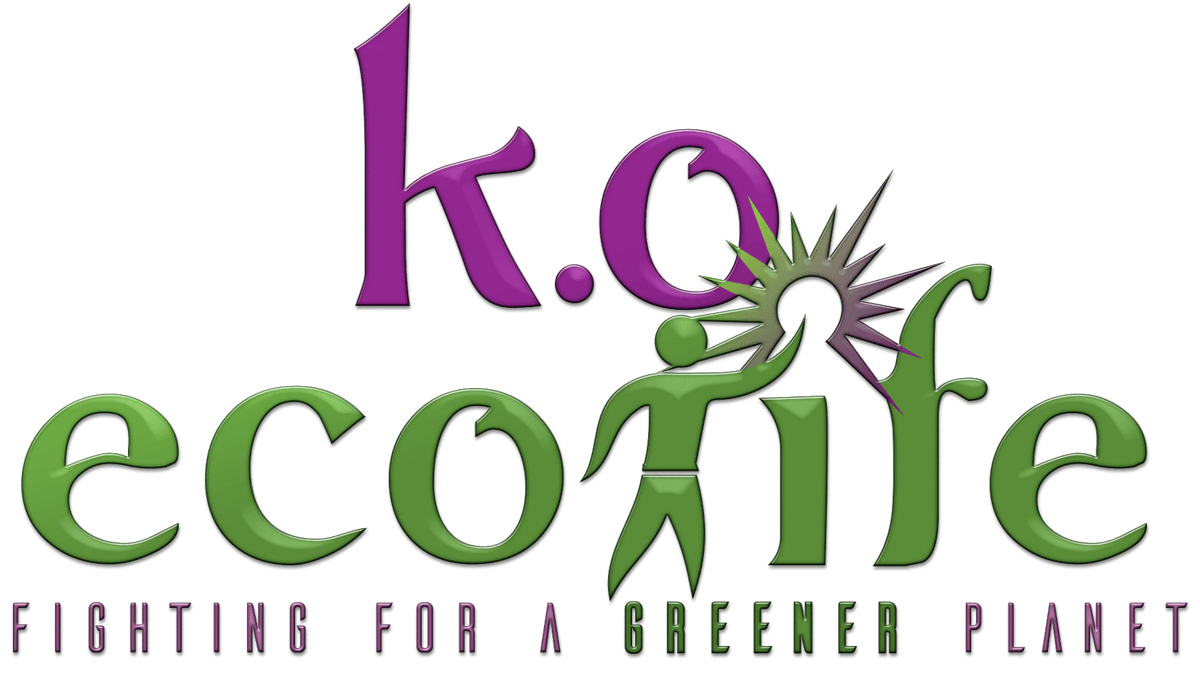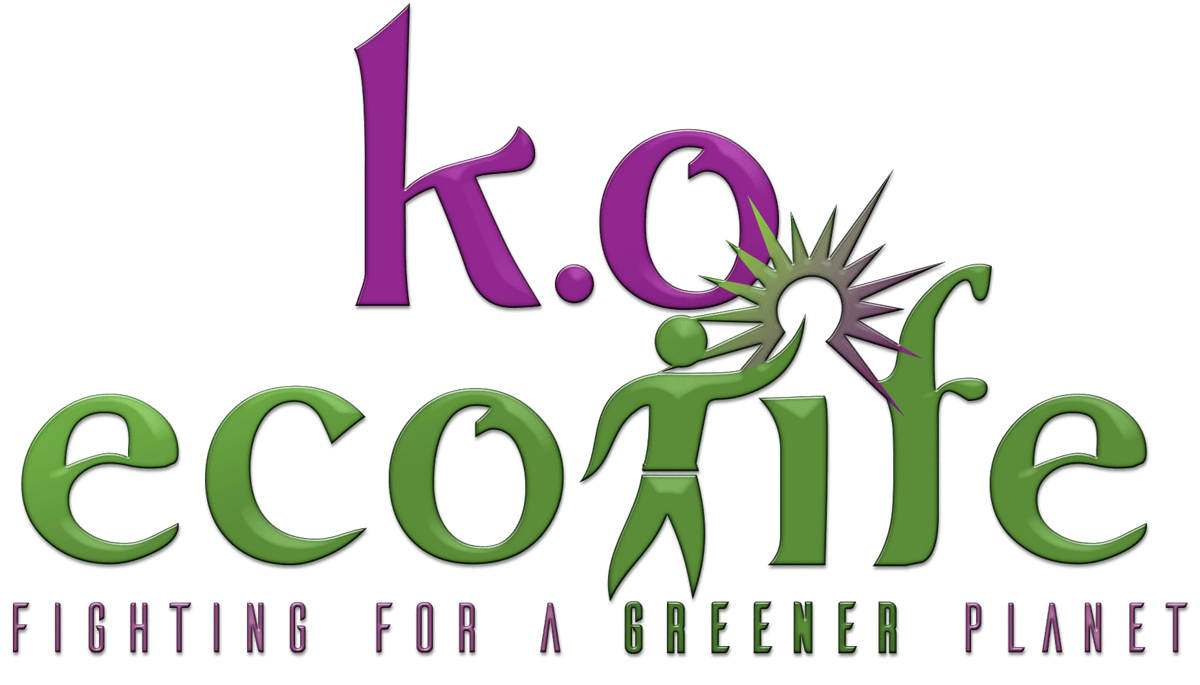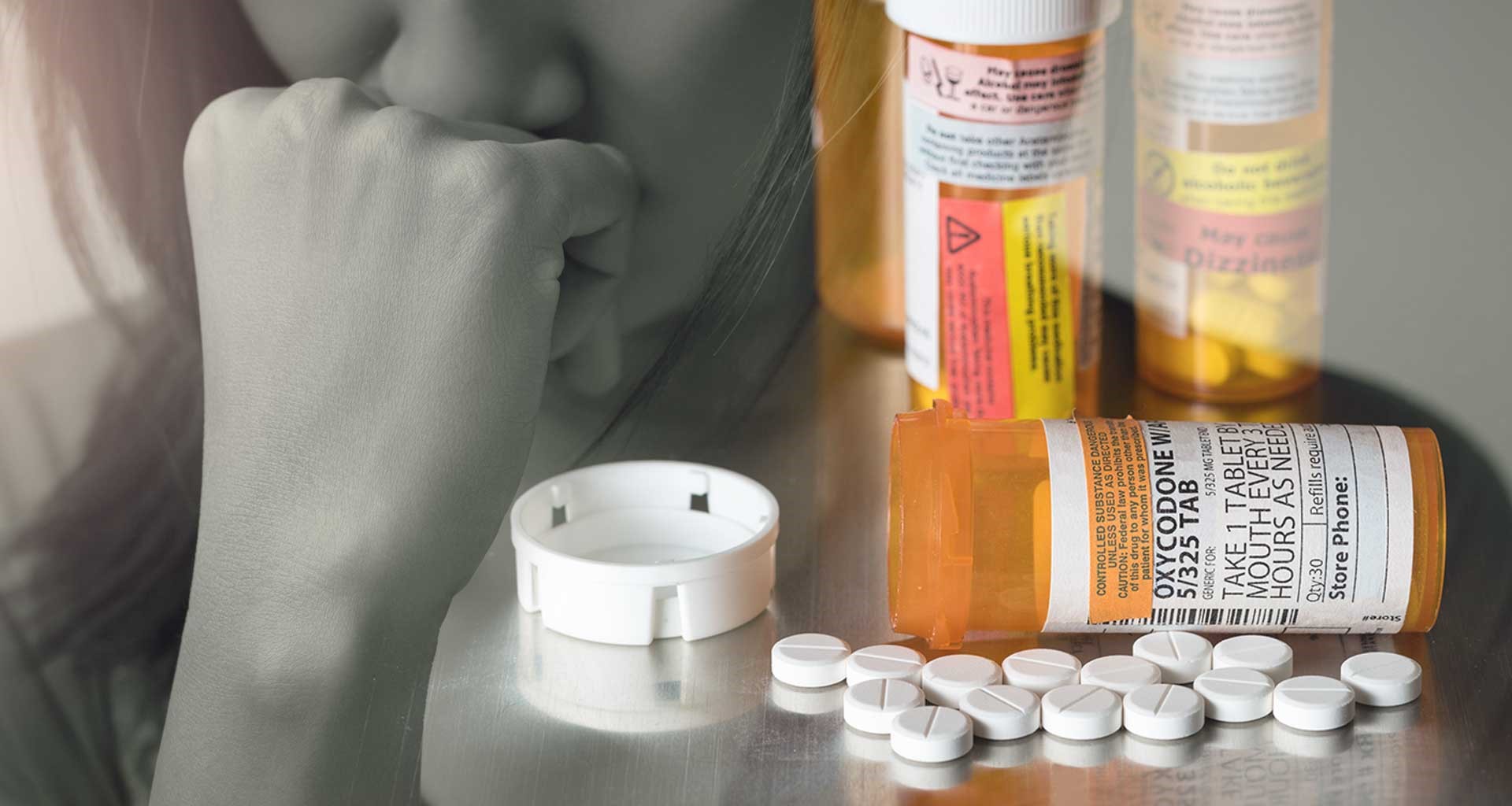DEFINING PHYSICAL & PSYCHOLOGICAL DEPENDENCE
This post concerns the events of physical and psychological dependence of an addict. There is confusion about this issue among the public as well as some medical personnel.
Physical Dependence
Let us start by getting into the concept of physical addiction. Physical dependence to a drug can be demonstrated by the presence of withdrawal when the drug is not taken. Some of the symptoms include: anxiety, shaky hands, headache, vomiting, insomnia, nausea, and sweating.
Many people falsely believe that to be an “addict”, a person needs to show signs of withdrawal. People have seen or heard of the physical effects of withdrawal from heroin and other opioids. The same goes for the withdrawal effects of alcohol which is even more dangerous to life than opioid withdrawal. Individuals who get to the point of dangerous withdrawal symptoms from opioids or alcohol are most often both psychologically and physically addicted. Addicts have told me that that this withdrawal is very much like a severe case of the flu. The intensity varies greatly from person to person. However, just about all addicts, if they have used alcohol or drugs long enough, will be using most of the time to avoid these withdrawal symptoms.
Psychological Dependence
Psychological dependence occurs when as drug becomes central to a person’s thoughts, emotions and activities…despite being aware of harmful effects. With alcohol and opioid withdrawal symptoms are stark.
However, with some other drugs, the withdrawal symptoms can be subtle (i.e. marijuana and cocaine as well as many other mood-altering chemicals). For example, with those who are marijuana addicts, the withdrawal symptoms seem to be a feeling of mild discomfort and agitation that persists until the addict uses again. Then the addict experiences relief and a feeling of normalcy or a comfort level.
With marijuana, the user is craving for the effect of the chemical THC, tetrahydrocannabinol, which affects the mood. THC collects in the body’s fat cells and will stay in these cells at high levels if the user uses daily. If the user stops using, the THC will slowly leach away. There will always be a small residue of THC but over time it will be negligible. For the addicted, there is a compulsion to replace this THC in the body. Similar bio chemical phenomena go on with other mood-altering chemicals. Addiction professionals speculate that some drugs act as a catalyst promoting a natural morphine-like substance. Consequently, this causes the physical part of the addiction process.
Some people think drugs like marijuana and cocaine, which do not have the profound withdrawal symptoms of alcohol or opioids, are not addictive. This thinking was especially true in the early 1980s with cocaine. This caused huge problems where addicts had thought that cocaine as the perfect recreational drug because there was no withdrawal as with heroin. This notion, of course, was false, and resulted in extreme personal and social problems.
Medications
Many medications are physically addictive. For example, just about all medications for seizure disorders will cause physical dependence as well as steroids for other medical conditions. These medications which are too numerous to cover them all here, but these medications should be taken off slowly under medical supervision. I caution all to be careful with medication given to alter mood which may cause withdrawal symptoms.
It has been my experience in my practice that when individuals use medication as prescribed for symptom reduction like depression or hyperactivity that these individuals do not get into trouble. It is when the individual starts using the medication for whatever ails them that problems can get very serious even life-threatening. This is the psychological part of addiction.
Some examples, a person has a bad day at the office and takes an opioid pain pill or a person just wants to relax and take a valium pill more then what the physician prescribed. One takes the chemical to help with all of life’s problems regardless of the original prescription directions for use. And, the addict is often not honest with the physician when getting a refill. Or, goes to multiple physicians to get more of the drug. These are signs of psychological dependence which often includes physical dependence.
Recovery and Wellness
The problems with psychological dependence can be overcome but require due diligence often for a lifetime.
The problem with the current opioid crisis in the USA is mostly a problem of medication abuse. Unfortunately, physicians training does not include understanding the nature and complexity of addiction. Consequently, doctors over-prescribe opioid medication as a result. Part of the challenge is that many patients are already alcohol or drug addicts. Giving opioid medication exacerbates the addiction dynamic. This lack of understanding often leads to solutions that make the problems worse. There is a long history of looking for another substance to counter an addiction.
 At one point in our history some physicians were prescribing heroin to help alcoholics before this was outlawed. This of course satisfies the alcoholic because heroin fulfills the craving even more than alcohol. This practice was outlawed by the Harrison Narcotic Act 1914.
At one point in our history some physicians were prescribing heroin to help alcoholics before this was outlawed. This of course satisfies the alcoholic because heroin fulfills the craving even more than alcohol. This practice was outlawed by the Harrison Narcotic Act 1914.
Methadone and Suboxone
 Yet, more recently Methadone, a synthetic opioid, and Suboxone, the combination of two different drugs: buprenorphine (a partial opioid agonist) and naloxone (a pure opioid antagonist), are drugs now in use to get high and also treat opioid addiction. In the short run, these meds can help. But, as a therapist who worked for a few years at a successful Methadone Clinic, in the long run it appeared to me that Methadone often becomes just another part of the addiction cocktail. I will explain this form of treatment in more detail in later posts.
Yet, more recently Methadone, a synthetic opioid, and Suboxone, the combination of two different drugs: buprenorphine (a partial opioid agonist) and naloxone (a pure opioid antagonist), are drugs now in use to get high and also treat opioid addiction. In the short run, these meds can help. But, as a therapist who worked for a few years at a successful Methadone Clinic, in the long run it appeared to me that Methadone often becomes just another part of the addiction cocktail. I will explain this form of treatment in more detail in later posts.
Addicts buy both Methadone and Suboxone on the street and abuse it. Suboxone is regularly smuggled into jails and prisons. It is easy to conceal. Suboxone can be melted on to paper in a letter or book. The individual who gets the paper simply eats the part of the paper that has the Suboxone on it and satisfies their craving. To help these addicted people they need help to understand the nature of addiction and how to modify their behavior. This is not easy but still necessary.
NEXT
The next post will publish on Wellness Wednesday, Nov 21st and will explore the development of chemical dependence especially in its early stages. This will help in understanding the effect of addiction on personality development. The general public needs to understand this to promote effective policies to combat this disease.
QUESTIONS
Do you have a specific question related to addiction and recovery? Please send your comments and questions to eaglekenj@gmail.com and I will cover it in a future blog post. Also, stay tuned for details regarding my online program, “Addiction, Recovery, Wellness”.
Kenneth J. Orlich, LMSW, LMFT, CAADC, ACSW is a clinical social worker, family and marriage therapist, and addiction specialist with over 35 years of experience working as a clinician with the addicted.
_________________________________________________________________________________________________
CONNECT WITH US —
Please like/follow us on social media links below to support a Made in USA, healthy-lifestyle company that is ‘Fighting for a Greener Planet’ to make a differnce! Thanks friends!!
Sign up here at www.koecolife.com and receive valuable coupons, tips, & product updates. And, follow us @koecolife on ![]()
![]()
![]() for our latest news and events too. Go YOU!
for our latest news and events too. Go YOU!
ABOUT US
K.O. “knock-out” ecolife was inspired by healthy living with a gut-wrenching desire to make a difference! We’re ‘Fighting for a Greener Planet’ with the eco-friendly products we develop, information we share on health, fitness, and wellness, and Giving Back mission.





